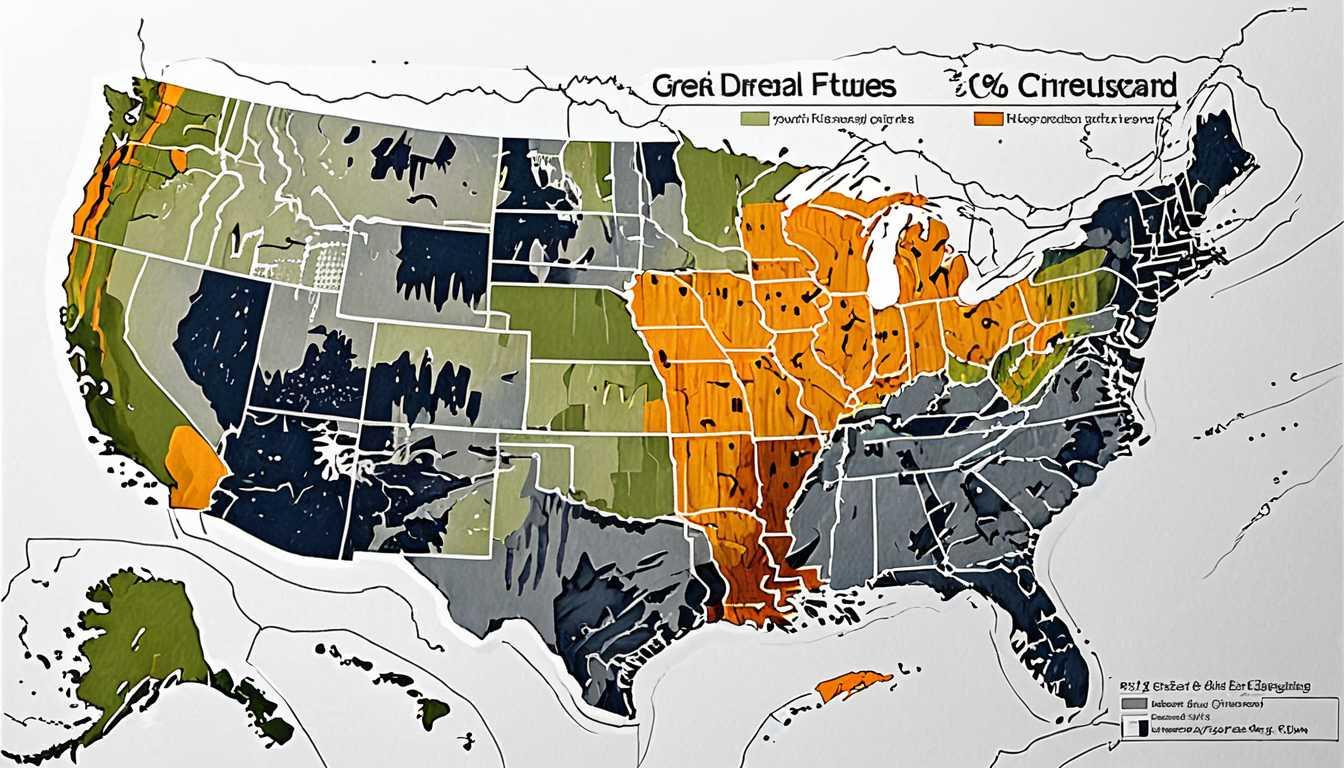Wildfires: Beyond the Blaze
February 2024
Massachusetts Institute of Technology (MIT)
Introduction
Ever wondered how wildfires halfway across the world might affect you? A fascinating study by MIT researchers dives into the emotional haze wildfires create, not just the physical one. By analyzing a whopping 1.27 million tweets during Southeast Asia's 2019 wildfire crisis, they've uncovered that smoke crossing borders can seriously cloud people's moods, almost as much as the dreaded Monday blues! It's an eye-opening look at the psychological toll of wildfires, showing that the air we breathe can deeply influence how we feel. Dive into this smoky investigation and see how global issues hit closer to home than you might think!
READ FULL ARTICLEWhy It Matters
Discover how this topic shapes your world and future
Fanning the Flames of Understanding
Wildfires are not just a spectacle on the news; they're a global issue that touches lives in profound ways, reaching beyond the immediate physical threats to impact our mental well-being. Imagine the haze from a distant wildfire dimming your sky and souring your mood, a phenomenon increasingly common as our world warms. This topic isn't just about fires; it's about understanding the interconnectedness of our actions, our planet, and our mental health. It reveals how something happening miles away can affect us, making the world seem smaller and more connected. For you, this could mean recognizing the importance of global citizenship and environmental stewardship, and how taking action, no matter how small, can contribute to a larger solution.
Speak like a Scholar
Sentiment Analysis
The process of identifying and categorizing opinions expressed in a piece of text, especially to determine whether the writer's attitude is positive, negative, or neutral.
Subjective Well-being
This term refers to how individuals experience the quality of their lives and includes both emotional reactions and cognitive judgments.
Transboundary Pollution
Pollution that originates in one country but can cause damage in another country's environment, thus crossing borders through pathways like air or water.
Natural Language Processing (NLP)
A field of artificial intelligence that gives computers the ability to understand text and spoken words in much the same way human beings can.
Causal Effect
This is the relationship between something that happens (cause) and the thing that happens as a result (effect), showing a direct link between the two.
Socioeconomic Events
Events that involve both social and economic factors, impacting societies and the economies within them.
Independent Research Ideas
The Role of Social Media in Tracking Climate Change Sentiment
Investigating how posts on platforms like X (formerly Twitter) can provide real-time data on public opinion towards climate change and its effects.
Psychological Impact of Environmental Disasters on Adolescents
A deep dive into how events like wildfires affect the mental health of young people, potentially altering their perceptions of the environment and their future.
Comparative Study of Transboundary Pollution Effects in Different Regions
Examining how the impact of pollution that crosses borders varies between continents, and what factors contribute to these differences.
The Efficacy of International Policies on Reducing Wildfire Incidences
Analyzing the success and failures of international cooperation in tackling the root causes of wildfires, such as deforestation and climate change.
Technology’s Role in Mitigating Environmental Anxiety
Exploring how advancements in technology, such as apps for mental health and platforms for environmental activism, can help individuals cope with the stress of environmental crises.
Related Articles

STRESS: Mapping Green Futures
May 2023
Massachusetts Institute of Technology (MIT)

Weather Beats: Chart-topping Secrets
May 2023
University of Oxford

Weather Tunes: Chart Hits Decoded
May 2023
Phys Org

Plastic's Hidden Journey: A Wake-Up Call
October 2023
MIT Technology Review

Nature's Toll on UK Economy Revealed
April 2024
University of Oxford